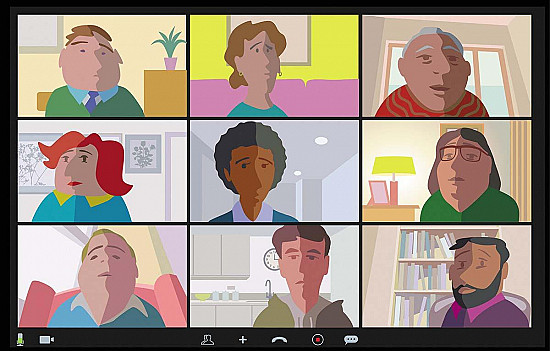Why do medical guidelines change frequently?
On call

Q. I find it disconcerting that medical recommendations and guidelines seem to change so often. For example, I recently read there may be another change in colon cancer screening recommendations. How does a person decide what's right?
A. There are several reasons why these changes happen. One reason is that ongoing research provides new information that leads to new guidelines. Another issue is different expert opinions. As you pointed out, a good example of this is the controversy this year regarding when people at average risk for colon cancer should begin screening.
Many clinicians, such as myself, use guidelines from the U.S. Preventive Services Task Force (USPSTF) as the go-to standard. For each guideline, the USPSTF recruits 16 experts from different specialties to research and discuss the potential benefits and harms of screening and other methods aimed to promote health and prevent disease. The summary recommendation is then released for public comment.
However, other professional organizations can evaluate the same medical evidence, and their experts may arrive at recommendations that are different from the USPSTF's. Unlike medical decisions that are straightforward — for example, taking an antibiotic for strep throat — almost all screening recommendations are developed for medical questions that have no obvious right answer.
Your concern about differences in colon cancer screening is a timely example. In response to the rising number of colon cancer cases in adults younger than age 50, the USPSTF lowered the age to begin screening to 45. However, the highly respected American College of Physicians (ACP) looked at the same data and concluded that the benefits did not outweigh the potential harms from screening until age 50.
What all the experts agree on: screening for colon cancer saves lives. My preferred strategy encourages all people at average risk of colon cancer to get at least one colonoscopy between ages 45 and 50. If the initial colonoscopy is normal, then you and your doctor can decide on your future screening strategy, which may be colonoscopy once every 10 years, stool testing every two years, or sigmoidoscopy every five years in addition to stool testing.
I personally will continue to have periodic screening colonoscopies as my choice. There are two main advantages of colonoscopy. The presence or absence of polyps helps determine my future colon cancer risk. And removing a polyp or early cancer improves the likelihood that it won't become a serious problem.
Image: © OntheRunPhoto/Getty Images
About the Author

Howard E. LeWine, MD, Chief Medical Editor, Harvard Health Publishing; Editorial Advisory Board Member, Harvard Health Publishing
Disclaimer:
As a service to our readers, Harvard Health Publishing provides access to our library of archived content. Please note the date of last review or update on all articles.
No content on this site, regardless of date, should ever be used as a substitute for direct medical advice from your doctor or other qualified clinician.















